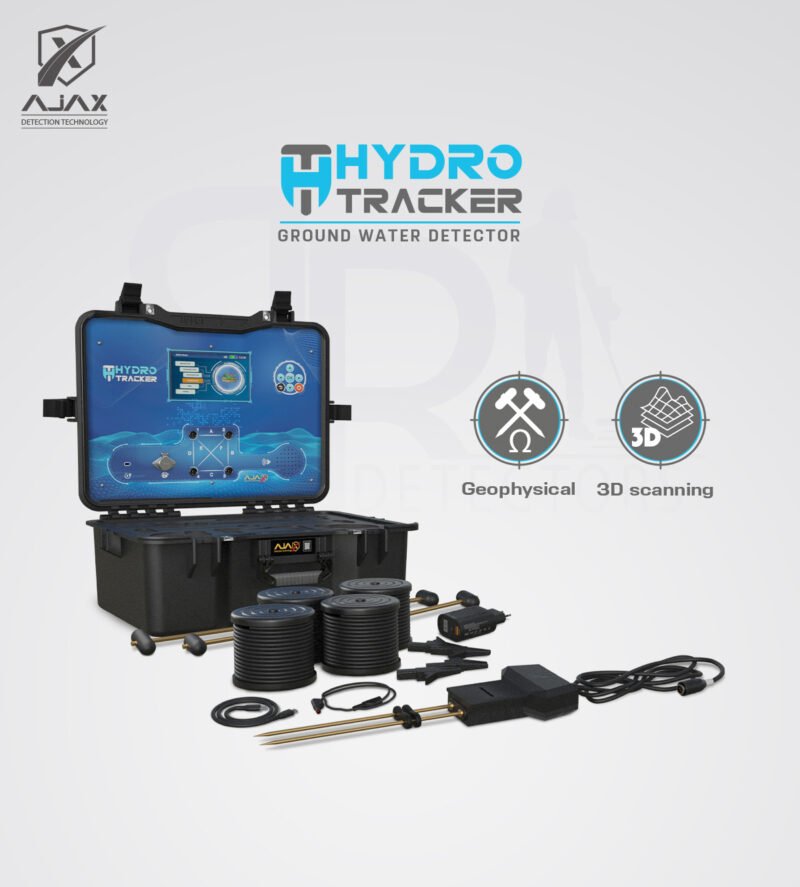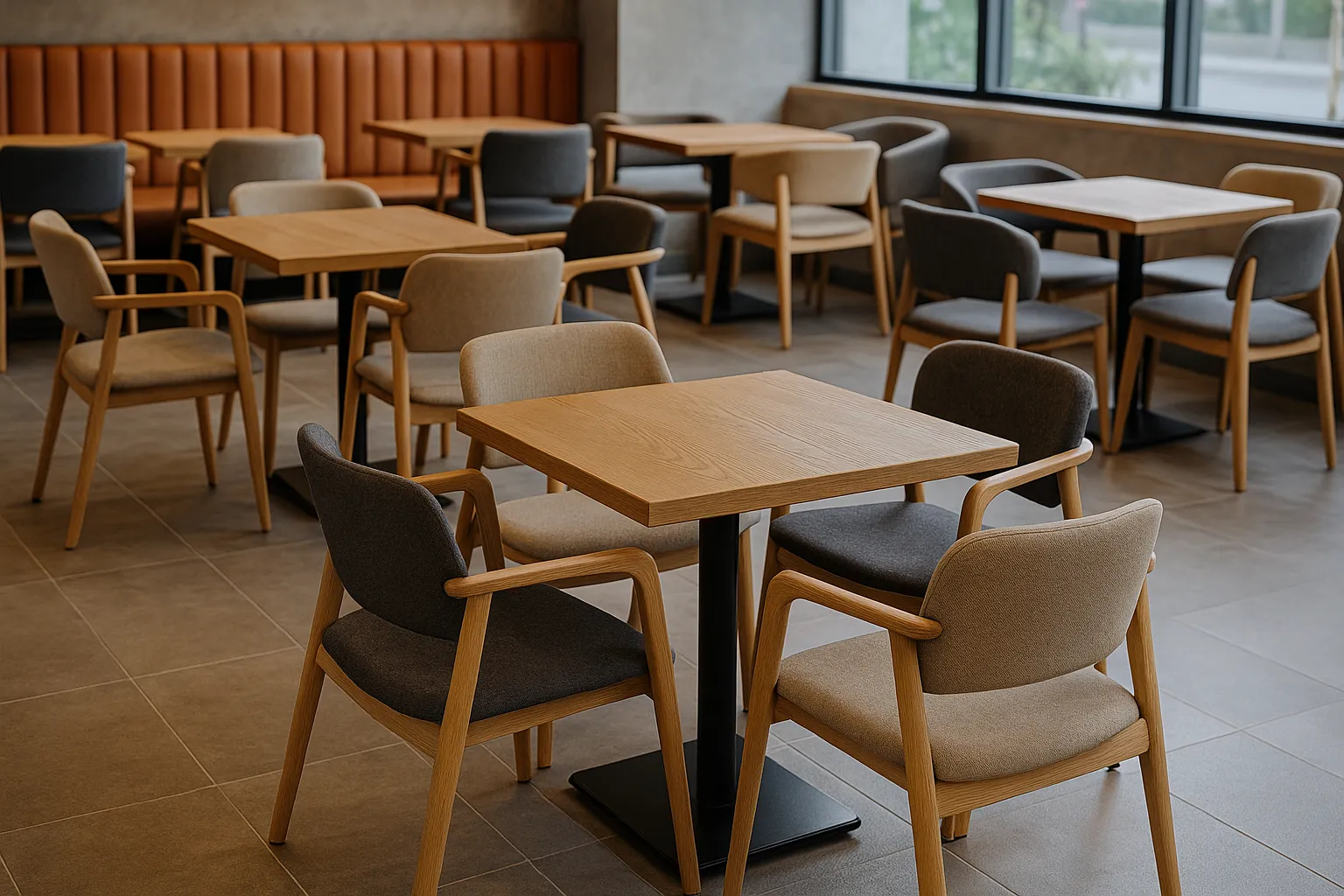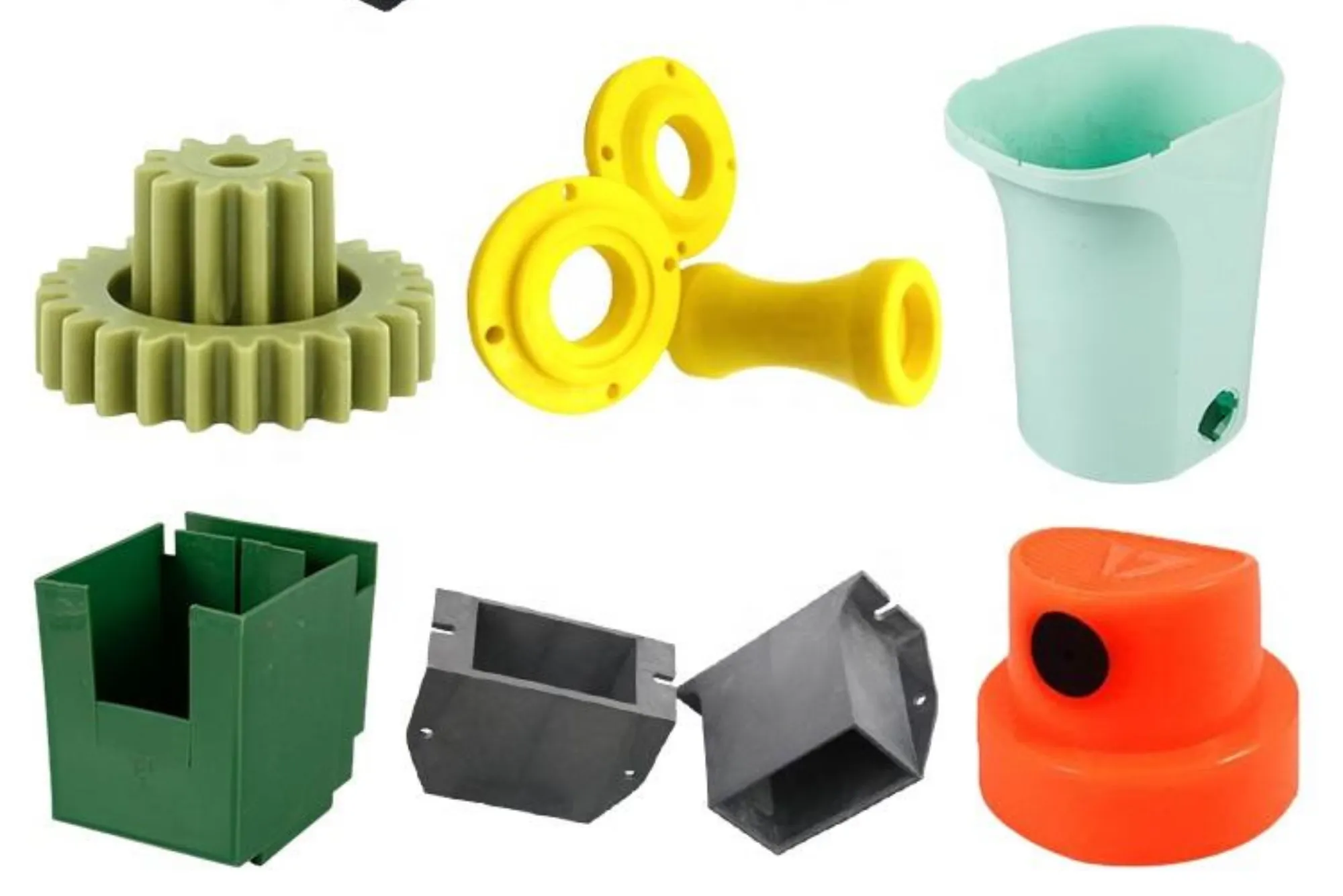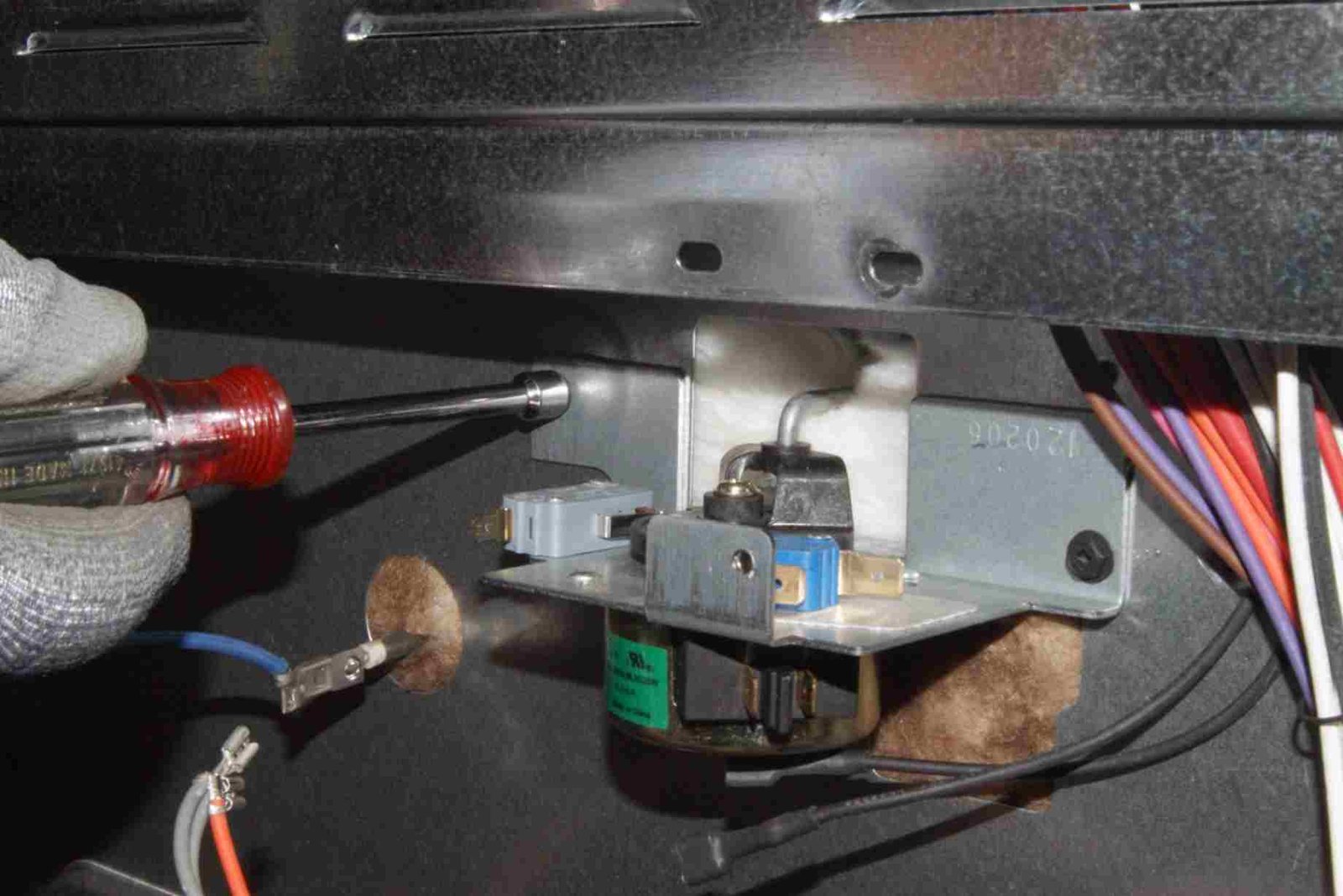When furnishing a café or restaurant, choosing the right chairs is one of the most important investments you’ll make. Chairs are not just a functional necessity; they influence the look, comfort, and atmosphere of your space. For business owners, the challenge isn’t only selecting the right style but also ensuring the purchase is cost-effective. That’s why learning how to compare prices of different café chairs wholesale is an essential skill.
In this guide, I’ll share insights from my own experience working with restaurant clients, breaking down the key steps to evaluating wholesale chair prices, and highlighting what to watch out for before committing to bulk orders.
Why Comparing Prices Matters
The restaurant industry is competitive, and margins are often tight. Spending too much on furniture can drain budgets, while spending too little risks ending up with low-quality seating that wears out quickly. Chairs are used constantly, and customers notice both comfort and durability.
This is why smart buyers explore restaurant dining chairs wholesale options. Wholesale suppliers typically offer better value than retail, but not all wholesale prices are created equal. Comparing them properly helps you avoid hidden costs, ensures you’re buying furniture that will last, and makes sure your money is being spent wisely.
What Goes Into the Price of Cafe Chairs?
When looking at wholesale chair prices, it’s tempting to just compare the number on the invoice. But the actual value goes far beyond the upfront cost. Chairs are priced based on materials, design complexity, finish options, durability standards, and shipping considerations.
For example, solid wood chairs with upholstered cushions are naturally more expensive than lightweight plastic or metal stackable chairs. Similarly, customized fabric or branded finishes raise the price compared to standard designs. Shipping is another overlooked factor—ordering 100 chairs from a supplier in your region may end up cheaper than importing a slightly lower-priced option from overseas once freight and duties are added.
This is especially true for cafés, where style plays as much of a role as durability. Many owners exploring cafe chairs wholesale discover that higher-quality, design-forward chairs not only last longer but also attract customers who value ambiance. Comparing prices properly means weighing these long-term benefits against the initial investment.
Steps to Comparing Wholesale Chair Prices
From my consulting work with restaurants and cafés, I recommend a clear step-by-step approach to comparing wholesale prices:
1. Define Your Requirements
Before comparing, decide exactly what you need. How many chairs are required? What materials fit your space—wood, metal, or plastic? Do you want upholstered options or stackable ones? Having clear criteria avoids misleading comparisons between entirely different chair categories.
2. Request Itemized Quotes
Ask suppliers to break down their quotes. You should see the unit price per chair, customization charges (if any), and shipping costs. A “total price only” quote makes it difficult to compare suppliers accurately.
3. Look for Bulk Discounts
Most wholesalers structure pricing in tiers—buying 50 chairs is cheaper per unit than buying 20, and 100 units may unlock even better rates. Always ask suppliers where their discount thresholds begin. A slightly larger order may bring significant savings.
4. Factor in Shipping and Delivery
Freight costs can make or break a deal. Some suppliers offer free or discounted delivery for large orders, while others add hefty logistics fees. Make sure your comparison includes these costs so you’re comparing true totals, not just base prices.
5. Evaluate Value, Not Just Price
Two chairs may have a similar upfront cost, but one may include an extended warranty, better durability, or premium finishes that add long-term value. Always look at the bigger picture—how long will the chairs last, and how much will replacements cost in the future?
Real-World Examples of Price Comparisons
To put this into perspective, here are some cases I’ve seen:
-
A café in Berlin compared three wholesale suppliers. One offered chairs at €65 each, another at €72, and the third at €60. At first glance, the €60 option seemed best. However, after factoring in €15 per chair shipping fees, the total was higher than the €65 supplier, who included free delivery.
-
A restaurant in Dubai needed 120 upholstered chairs. The supplier priced them at $95 each for orders under 100 units, but reduced the cost to $82 when the owner increased the order to 120. That 14% reduction saved the restaurant nearly $1,500 overall.
-
A small café in New York received a bulk quote that included a two-year warranty. Even though the chairs were $5 more expensive per unit, the long-term value was higher since replacements wouldn’t be needed as quickly.
These examples highlight why comparing prices correctly is critical—you want the best balance of cost, quality, and service.
Tips for Getting the Best Deal
When comparing suppliers, remember that price negotiations are common in wholesale. Don’t be afraid to ask:
-
If there’s flexibility on bulk orders.
-
Whether sample chairs can be credited toward the final purchase.
-
If customization, delivery, or after-sales support can be included in the price.
Building a relationship with your supplier also pays off. Repeat customers often receive better pricing or priority service. If you plan to expand your café or open more locations, mention this when negotiating—it signals long-term value to the supplier.
Final Thoughts: Smart Price Comparisons Build Strong Businesses
Comparing prices of wholesale café chairs isn’t about finding the absolute cheapest option. It’s about identifying the supplier that offers the best balance of affordability, durability, style, and service.
When done thoughtfully, price comparisons save money upfront, reduce maintenance costs long-term, and ensure your café delivers a consistent, comfortable customer experience. Wholesale furniture is an investment, and treating it as such sets your business up for success.








